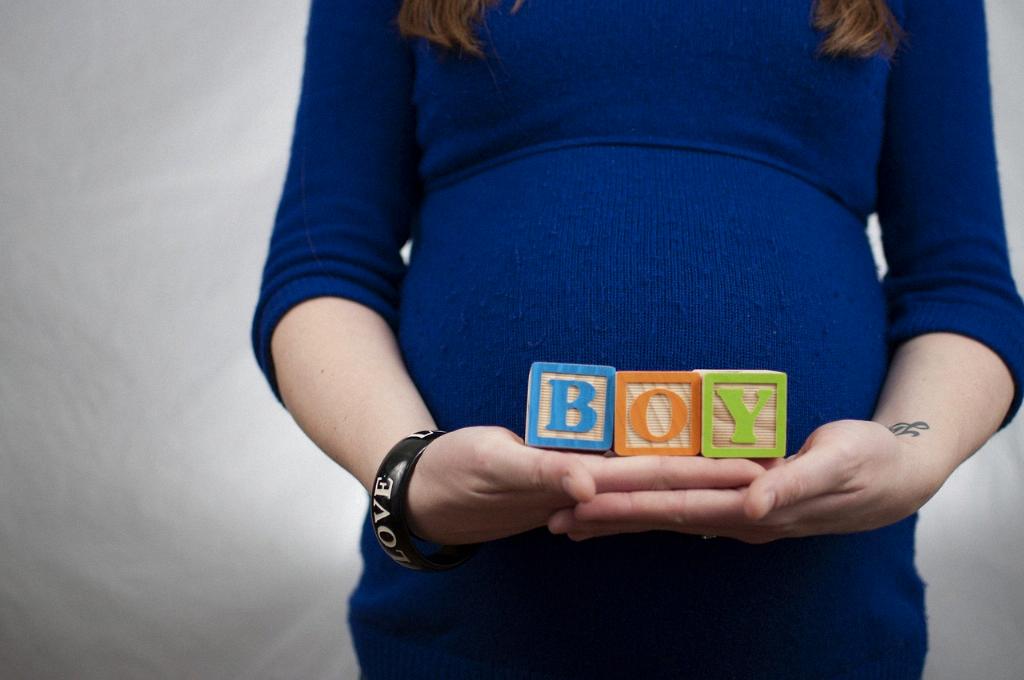One of the common questions that arise during pregnancy is how early nipples can begin to leak. It’s important to note that the process of nipple leakage is tied to the development of milk glands and ducts in the breasts. Around the 12th to 16th week of pregnancy, the alveolar cells in the breasts start producing a substance known as colostrum.
Initial Stages of Nipple Leakage
While the production of colostrum begins in the early stages of the second trimester, actual leakage from the nipples typically does not occur until later in pregnancy. Research from 2021 indicates that most women experience leakage of colostrum sometime in the third trimester.
Factors Influencing Nipple Leakage
It’s essential to consider that the timing of nipple leakage can vary from woman to woman. Factors such as hormonal changes, breast sensitivity, and individual differences in breast development can all play a role in when nipple leakage may begin.
Body’s Preparation for Breastfeeding
Nipple leakage during pregnancy is a natural phenomenon linked to the body’s preparation for breastfeeding. The production of colostrum is an early sign that your breasts are gearing up to provide nourishment for your newborn once they arrive.
Emotional Responses to Nipple Leakage
For many expectant mothers, the experience of nipple leakage can evoke a range of emotions, from excitement and anticipation to curiosity and even some anxiety. It’s important to remember that nipple leakage is a normal part of the pregnancy journey.
Timing of Nipple Leakage
While some women may notice nipple leakage earlier in the third trimester, others may not experience it until closer to their due date. The exact timing can differ for each individual, so there is no need to be alarmed if you haven’t experienced nipple leakage yet.
Managing Nipple Leakage
If you find yourself leaking colostrum, you can use nursing pads or breast pads to help manage any moisture and protect your clothing. It’s essential to ensure that you are comfortable and supported during this stage of pregnancy.
Consulting Healthcare Providers
If you have concerns about nipple leakage or any changes in your breasts during pregnancy, it’s always a good idea to consult with your healthcare provider. They can offer guidance, reassurance, and address any questions you may have.
Importance of Self-Care
During pregnancy, it’s crucial to prioritize self-care and listen to your body’s needs. Engaging in relaxation techniques, staying hydrated, and maintaining a balanced diet can all contribute to your overall well-being during this transformative time.
Supportive Resources
Don’t hesitate to reach out to support groups, online forums, or local organizations that focus on pregnancy and breastfeeding. Connecting with others who are going through similar experiences can provide valuable insight and a sense of community.
Celebrating Your Journey
As you navigate the ups and downs of pregnancy, remember to celebrate each milestone, including the subtle signs of your body preparing for motherhood. Embrace the changes happening within you and look forward to the miraculous journey ahead.
Final Thoughts on Nipple Leakage in Pregnancy
In conclusion, nipple leakage during pregnancy is a natural and normal process that signifies your body’s readiness for breastfeeding. While the timing of nipple leakage can vary among individuals, it is typically observed in the third trimester. Embrace this aspect of your pregnancy journey and approach it with curiosity, self-care, and excitement for the new chapter that lies ahead.

